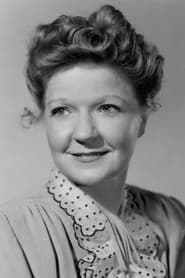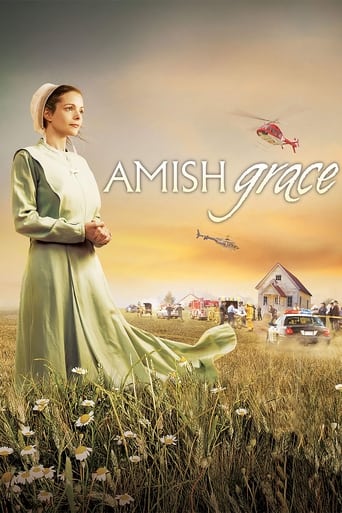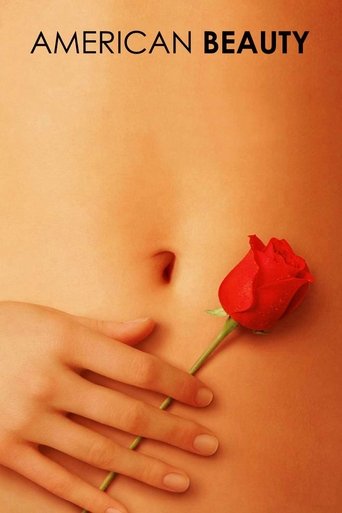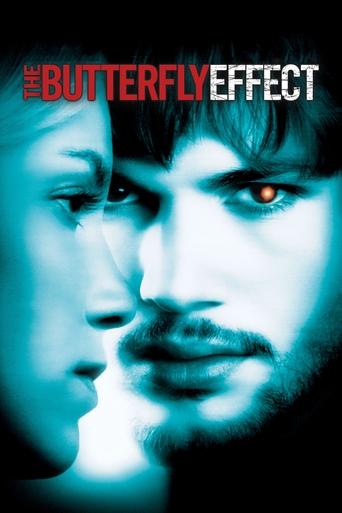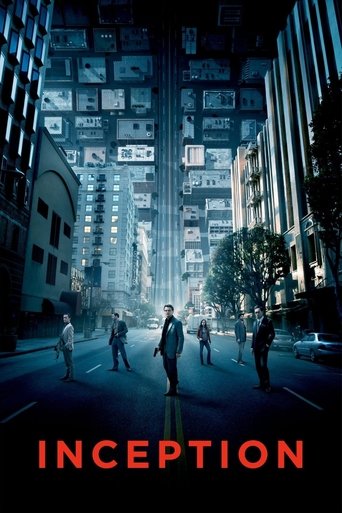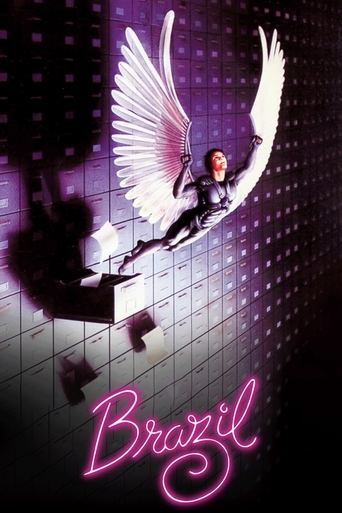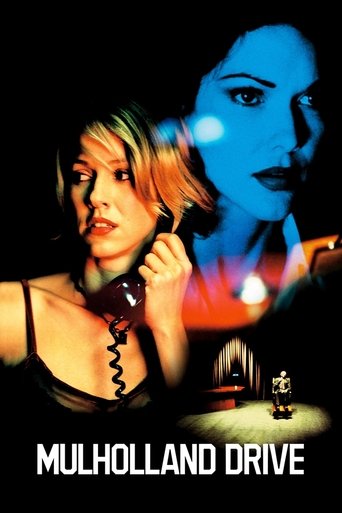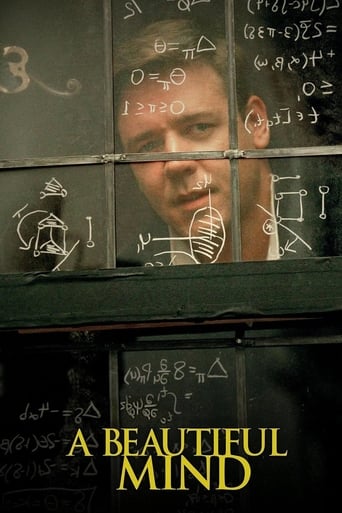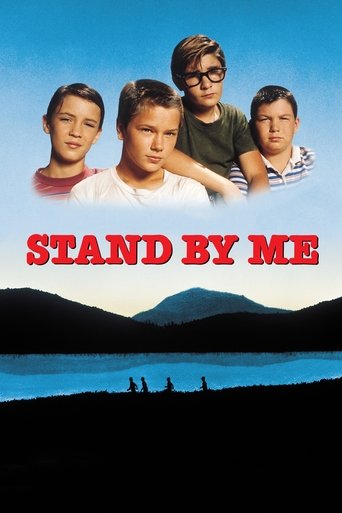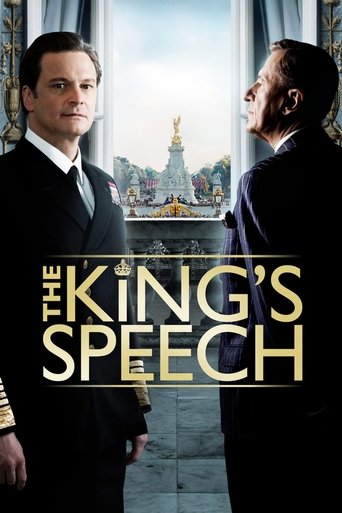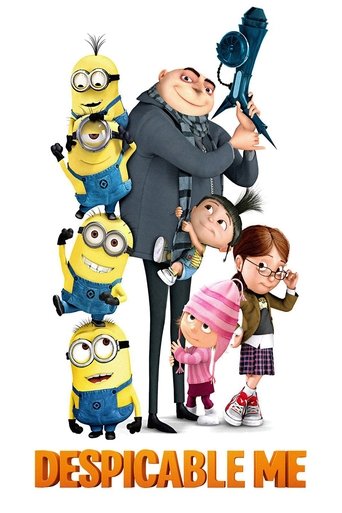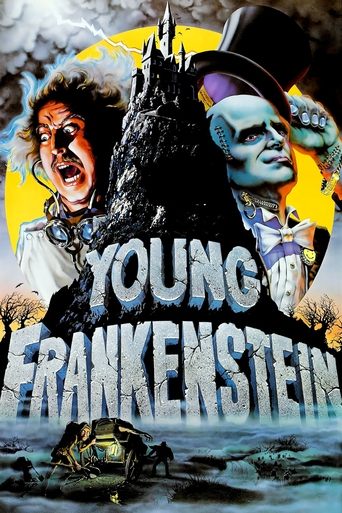Available For Free On
Trailers & Videos

Vera Zorina performing "Water Nymph Ballet (Undine)" from, The Goldwyn Follies, 1938.
Cast

Adolphe Menjou
Oliver Merlin
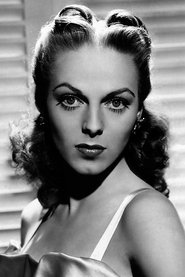
Vera Zorina
Olga Samara
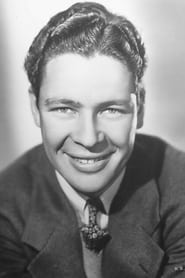
Kenny Baker
Danny Beecher
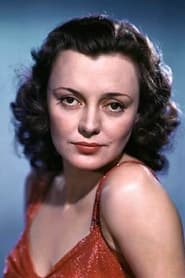
Andrea Leeds
Hazel Dawes
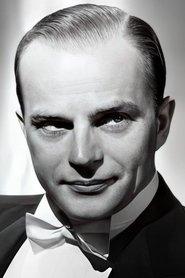
Edgar Bergen
Edgar Bergen
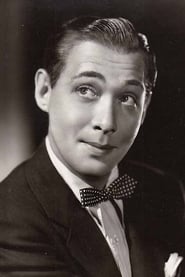
Phil Baker
Michael Day
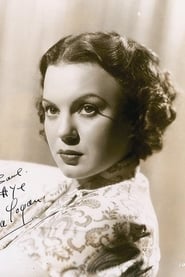
Ella Logan
Glory Wood

Jerome Cowan
Director
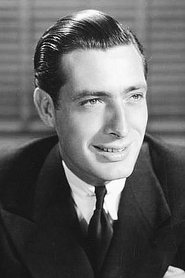
Frank Shields
Assistant Director
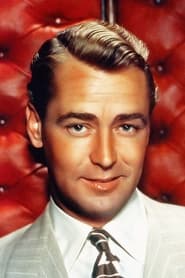
Alan Ladd
First Auditioning Singer (uncredited)
More Like This
Reviews
CyrusPK
There is a sense of both hesitancy and confidence in this strange work from Samuel Goldwyn.
The former comes through in the need to try and sell the idea of culture in the form of opera and ballet to his audience by having it seen and endorsed through the eyes of Miss Humanity, an honest rural woman hired by studio head Adolphe Menjou to give an average person's perspective on how movies should unfold. This not-so-subtle tool provides something of a gateway for the film to introduce class acts that might have been seen as inaccessible to rural audiences.
The confidence lies in the willingness of Goldwyn to throw everything into this production from comedians to a ventriliquist, from ballet to opera and moments of comedy and romance. Many of the early musicals are a mix of skits of one kind or another, from The Broadway Melody (1929) to The Great Ziegfeld (1936). That the very thin narrative adequately supports this approach is to be admired even if individual acts succeed or fail on their own merits.
The comedy acts are probably the best elements eight decades later. Edgar Bergen and his dummy, Charlie McCarthy, are examples of the precision of comic timing. Bergen may let his lips move more than any other practitioner of his art but his success as a performer, and on radio, lay in the rapid fire jokes he enunciated for himself and his co-performer.
The three Ritz Brothers are a force of nature - and they come on perhaps a little strongly today but it is easy to see they must have been electric on stage. Their song, 'Pussy, Pussy, Pussy' is sung without irony and is also a model for selling comedy.
Vera Zorina was brought into the picture primarily as a ballerina and, yes, her controlled movement is impressive but she conveys more as a comedienne, playing a self-obsessed European actress with just a hint of Greta Garbo. Her moments of rejection, fury and ego are all well delineated.
For a film made during the latter months of 1937 and released in February of 1938 this must have been a fairly early three-strip technicolor release. It lacks the bright, popping colours of The Adventures of Robin Hood (1938) or Gone With the Wind the following year and the subdued pallet is effective in conveying the images without overwhelming the drama. The film within a film is clearly seen being shot with 35mm black and white cameras - clearly they only had one of the massive technicolor cameras of the time at their disposal and not a second one that could be brought into service as an on-camera prop.
The dramatic and opera sequences add little and the romantic plot in particular is very conventional with a needless lack of disclosure stopping the relationship from proceeding and another character acting out of character for a moment to provide some fake frisson.
This is a generally satisfactory work even if the parts rather than the sum of them is more alluring at this distance from its original release.
CinemaSerf
Adolphe Menjou is producer "Oliver Merlin" who selects "Hazel Dawes" (Andrea Leeds) to be his modern day arbiter elgantiae - to keep him in touch with the mood of the ordinary person on the street. Good idea, in principle, but he doesn't particularly agree with her; nor does he really know how to implement her information - so what we end up with here is a bit of a shambles of a film. Comedy, opera, (good - Vera Zorina) ballet, ventriloquism, dancing - you name it, but much of it to no great standard. It reminded me of one of the "Good Old Day's" type Vaudeville theatrical performances that tried to have something for just about everyone; and though all get their five minutes of fame, the rest of it is of little interest. What is of note is that it was the final creative effort from George Gershwin who contributed "Love Walked In" and "Love is Here to Stay" to salvage something from this rambling effort. It's fun, colourful and generally positive but tries too hard to be all things to all folks and falls pretty flat much of the time. Far too long, too.
You've reached the end.





